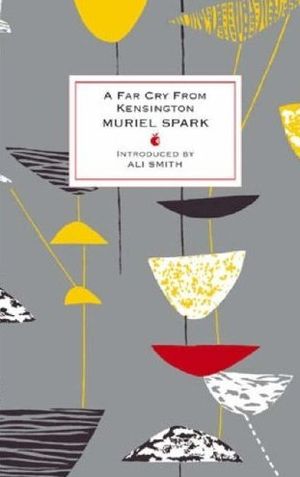One of the big traditional publishers has decided to participate in MatchBook with backlists of some of its authors.
The jury is out.
- Is this a boon to authors? It undoubtedly could be, especially when applied to backlists for authors with rights to their backlists that haven't been sold for a long time. The e-book profits will be minuscule, but real.
- Or is it more of an assault on the value of e-books which, in turn, undermines the price-points of print books. As long as the two (print books and their e-book companions) are bundled, the print book pricing shouldn't be affected on the face of it. But over the long haul, if e-books continue to grow as a percentage of books purchased in the general marketplace, and e-books are broadly seen as worth less than $3.00, what does that do to the market, and to authors?
One traditional publisher has come out to say that the program erodes the value of e-books and, more importantly, the publisher's incentive to keep books in print.
Below is the September 6 Publishers Weekly article on this topic. What do you think?
Are Publishers a Match for Kindle MatchBook?
By Rachel Deahl | Sep 06, 2013
When Amazon announced on Tuesday that it was launching a program to bundle print and e-books, called Kindle MatchBook, the effort drew little response from publishers, and even less participation. Among the major houses, HarperCollins is currently the only one participating, and it is doing so in a limited fashion. With publishers largely unwilling to talk about the program—most houses PW contacted declined to comment on MatchBook—the question remains whether publishers are not yet willing to try bundling, or whether they simply don’t want to try it with Amazon.
Through MatchBook, Amazon customers can buy e-book editions of new print titles, as well as e-book editions of print titles they have already purchased, at price points ranging from $2.99 to free. The program is set to go live in October and, currently, offers a mix of self-published titles (18,000 by Kindle Direct Publishing authors), as well as titles released by Amazon Publishing. A spokesperson for HarperCollins said that the house has "a selection of our backlist books" available through MatchBook. Amazon remains confident that more publishers will join the proram in the future.
Bundling has been a simmering topic in the publishing industry. Some executives, like Evan Schnittman, formerly at Bloomsbury and now at Hachette, have publicly said that the approach could be beneficial. What Schnittman conceived, though, was not a program along the lines of MatchBook. In a previous story, Schnittman told PW about what he calls the “enhanced hardcover,” a bundle with print and e-book editions of a title offered at a price point 25% higher than the standard hardcover price point. The enhanced hardcover, he felt, would entice consumers, while also working towards the profits of both authors and publishers.
MatchBook is nothing like Schnittman's enhanced hardcover concept and, for some, the price points it offers are underwhelming. One publisher, talking off the record, said he was nonplussed about MatchBook. He felt the low prices in the program "further devalues e-books," and makes them "look like a throw-in item."
All the major publishers declined to say what they think of MatchBook, or whether they will join the program. Agent Robert Gottlieb is even skeptical about whether publishers have the right to submit their books into the program.
Gottlieb, chairman of Trident Media Group, said MatchBook exemplifies “a further erosion of the value of authors’ work.” More importantly, for Gottlieb, is the question of whether a program like MatchBook is covered under existing contracts authors have with publishers. “I don’t believe there are provisions in contracts for this type of arrangement,” Gottlieb said, noting that clauses around digital rights ownership in standard contracts do not cover a transaction like the one proposed by MatchBook.
An Amazon spokesperson said that sales made through MatchBook "are part of the business terms we have with publishers, and we’re paying publishers off of the MatchBook price." Gottlieb, though, still has questions, and concerns. He dismissed the notion that MatchBook is providing a new revenue stream to authors, allowing them to receive a royalty, albeit a tiny one, on a sale that might not otherwise happen. In Gottlieb's eyes, MatchBook does more harm than good for authors, because it takes away a publisher's motivation to keep an author's book in print. “It’s not a question of what you’re getting," he said. "It’s a question of what are you’re giving up.”





 Jennie Shortridge
Jennie Shortridge